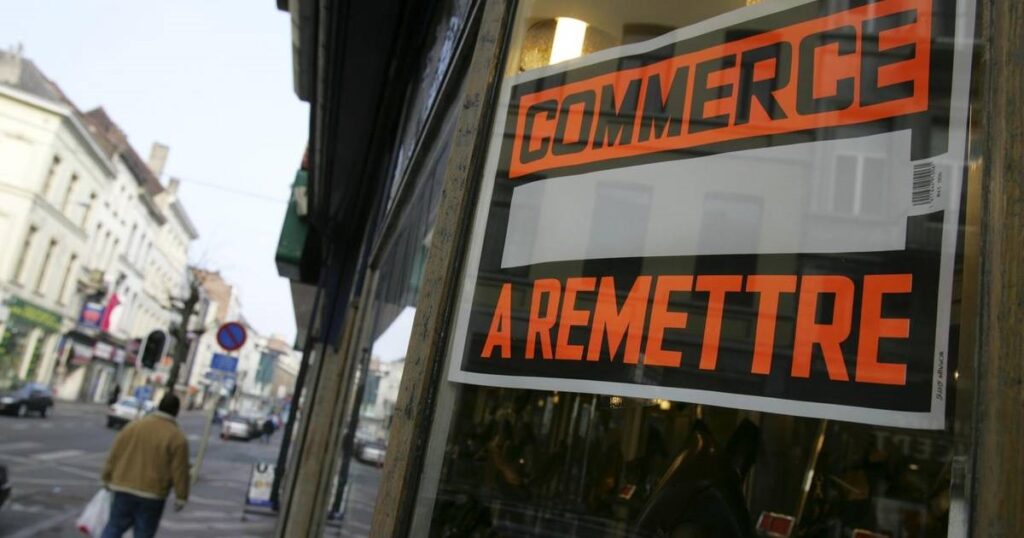The wave of Covid-19 induced bankruptcies in businesses is coming back with a vengeance, reports De Standaard. Bankruptcies are being further exacerbated by inflation and the war in Ukraine, which has resulted in a steep rise in the cost of living.
"We see a crisis on top of the crisis," said business lawyers Philippe Van den Broecke and labour law specialist Filip Tilleman.
When Covid-19 erupted in March 2020, there were fears the pandemic would lead to a string of bankruptcies. However, drastic government interventions kept the economy afloat.
But the reprieve can no longer last. "This moratorium on bankruptcies has come to an end and we can see that in the figures," said Van den Broecke of the Agio Legal office. He added that there will likely be an increase in company restructurings because the economy is moving straight from one crisis to another.
Hospitality and events sector worst hit
The numbers are looking grim. In the first four months of 2022, there were 3.103 bankruptcies, according to trade information company Graydon. It is a 45% uptake compared to the first four months of 2021. Then, 2.131 bankruptcies were filed.
The figures in 2022 are lower than in 2020. In the same period of 2020, there were 3,295 bankruptcies. It is especially the hospitality, events and catering sectors that have been affected.
In addition to the financial issue, another problem is that many employees from the hospitality and events sector have left and are now working elsewhere, according to Tilleman, a labour law specialist and partner at law firm Tilleman Van Hoogenbemt. It is made worse by the increasing pressure on the economy and a loss of competitiveness.
No major job losses
For now, the bankruptcies haven't resulted in any major job losses, nor have the company restructurings in Belgium reached breaking point.
For the first 17 weeks of 2022, there were 2.51 jobs lost per bankruptcy, compared to 3.08 bankruptcies in the same period in 2021, according to Belgium's statistical office, Statbel.
However, these numbers don't reassure Pieter Timmermans, Managing Director of the Employers Federation (VBO). He sees small businesses as the 'canary in the coal mine', and warns that the Belgian economy is facing a loss of competitiveness due to higher input costs (triggered by energy process) and an increase in labour costs.
Timmermans expects the pressure on employment to increase and believes that government intervention shouldn't wait until restructurings and bankruptcies are ubiquitous.
Job losses due to restructuring and bankruptcies could result in losing purchasing power because a lack of jobs means no purchasing power, squeezing the Belgian economy even further.

